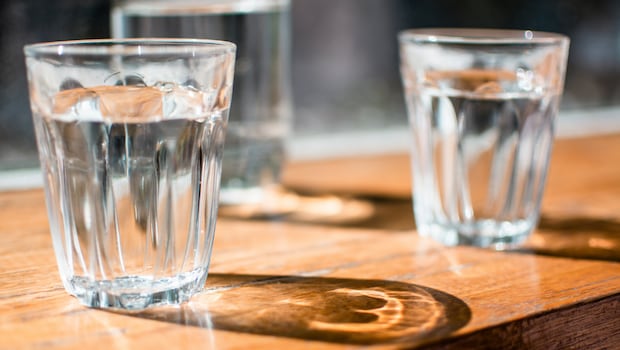If you look through ancient wellness traditions or even modern ones, water has always been regarded as life's simplest yet most powerful fuel. From a glass of warm lemon water in the morning to a post-workout electrolyte drink, or the plain old tap water your grandparents swore by, every type of water comes with its own set of claims. With so many hydration options, from salt-infused water to detox water, it is easy to become unsure about what our body actually needs. If you struggle with selecting the right type of water, this article will help you understand what works best for your body, according to experts.
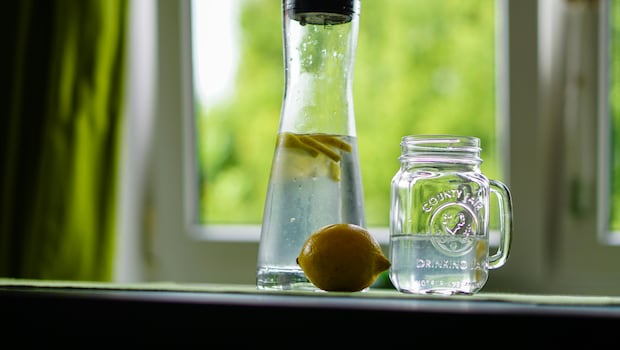
Photo: Pexels
Why Hydration Matters for Your Body and Brain
Hydration is crucial for your overall well-being. Here is why keeping yourself properly hydrated matters:
1. Supports Every Cell In Your Body
Water transports nutrients and oxygen to cells, keeping them functioning efficiently. Without adequate hydration, your body's repair and growth processes slow down.
2. Maintains Stable Energy Levels
Even mild dehydration can cause fatigue and sluggishness. Staying hydrated helps maintain consistent energy throughout the day.
3. Boosts Brain Function
Your brain is 75 per cent water, and dehydration can affect your mood, memory and concentration. Drinking enough water supports clear thinking.
4. Regulates Body Temperature
Water acts as your body's cooling system, especially through sweat. Proper hydration helps maintain a balanced body temperature during exercise, hot weather, or illness.
5. Supports Digestion
Sufficient water intake aids digestion, smooth bowel movements, and absorption of vitamins and minerals from food.
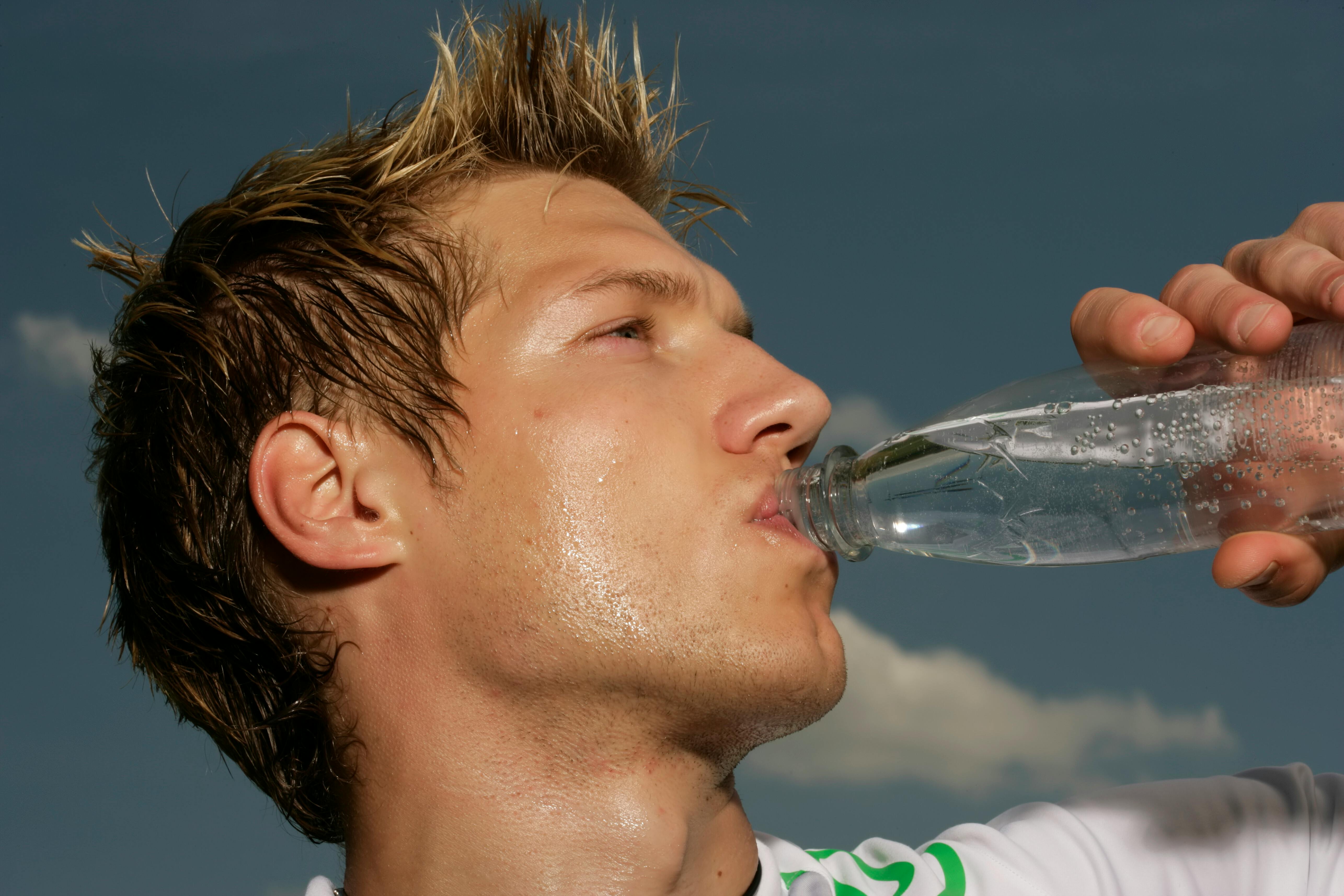
Also Read: Why Clean Label Products Are Taking Over And Consumers Are Saying No To Artificial Ingredients
Salt Water: Should You Really Add Salt to Your Drinking Water?
Nutritionist Leema Mahajan explains that the human body only requires around 5 grams of salt per day, equivalent to one teaspoon. If your daily routine includes:
- One hour of a gym session in air conditioning
- Sitting in an office or at home in air conditioning
- A regular home-cooked Indian diet
then there is no need to add extra salt to your water.
Why is that? The salt in water can:
- Cause water retention by holding onto fluid in your cells.
- Reduce urine output, placing extra stress on your kidneys.
- Gradually increase blood pressure due to sodium levels.
Electrolyte Water: When It Helps and When It Can Harm
According to Mahajan, electrolyte water is beneficial only if you lose excess salts through sweat, diarrhoea, vomiting, or sports. Electrolytes such as sodium, potassium and magnesium are essential for hydration, muscle function, and nerve signalling. While normal hydration suffices for most people, electrolyte drinks can replenish minerals lost during intense exercise or illness. Otherwise, regular consumption may negatively affect blood pressure and kidney health.
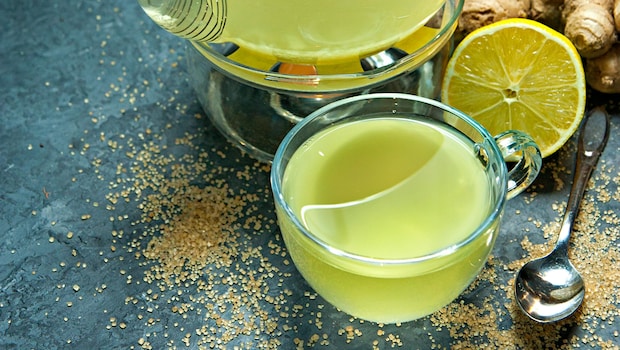
Detox Water: Does It Really Detox Your Body?
Detox waters, made by soaking fruits and vegetables in water, are useful if:
- You dislike plain water
- They help you drink more water overall
However, adding lemon, mint or cucumber does not remove toxins from your body. It is more beneficial to eat the fruits and vegetables directly, as fibres, enzymes and nutrients remain in the food, not in the water.
Also Read: Moldy Food: Surprising Foods You Can Still Eat (And The Ones You Should Toss)
Plain Water: The Safest and Most Effective Way to Hydrate
Health organisations such as the World Health Organisation, Indian Council of Medical Research, and the US Food and Drug Administration agree that plain water is the best and safest way to stay hydrated. No salt-infused or fancy drinks surpass plain water for maintaining hydration.
Compare Water Types: Benefits, Best Use and Cautions
| Type of Water | Benefits | Best For | Cautions |
| Plain Water | Hydration, brain function, and digestion | Everyone | None |
| Electrolyte Water | Replenishes minerals | Intense exercise, illness | Can affect blood pressure if unnecessary |
| Salt Water | May retain water | Limited use | Not for regular consumption |
| Detox Water | Improves water intake | Dislike plain water | Does not detox |
How Much Water Do You Actually Need Each Day?
While the eight-glass rule provides a basic guideline, individual water needs vary. Nutritionist Anju Sood recommends that if you have a sedentary lifestyle, work in air-conditioned environments, and sweat minimally, two to two and a half litres of water daily should suffice. Consuming more than this may cause over-hydration. Individuals with high activity levels, such as athletes, may require additional water to replace losses through sweat.
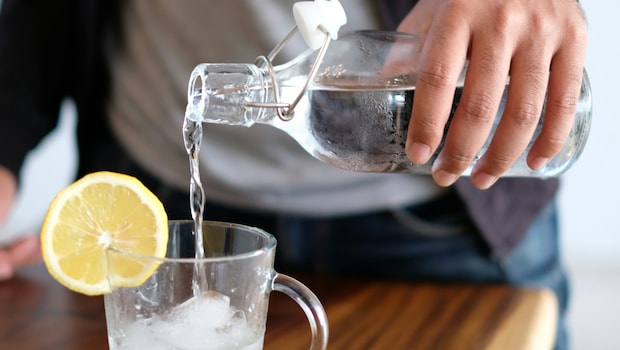
Photo: Unsplash
5 Signs You Are Not Drinking Enough Water
1. Dark, Strong-Smelling Urine
Pale yellow urine indicates proper hydration. Dark yellow or amber urine, often with a strong odour, signals dehydration.
2. Fatigue and Sluggishness
Dehydration reduces blood volume, forcing your heart to work harder and leaving you unusually tired, even after adequate sleep.
3. Frequent Headaches
Loss of water can cause the brain to shrink slightly, pulling from the skull and triggering pain receptors. Drinking water often relieves mild headaches.
4. Dry, Less Elastic Skin
Water maintains skin elasticity. Flaky, tight skin that takes time to bounce back may indicate insufficient hydration.
5. Dizziness or Lightheadedness
Low hydration can reduce blood pressure and blood flow to the brain, causing dizziness, particularly when standing up suddenly or after activity.
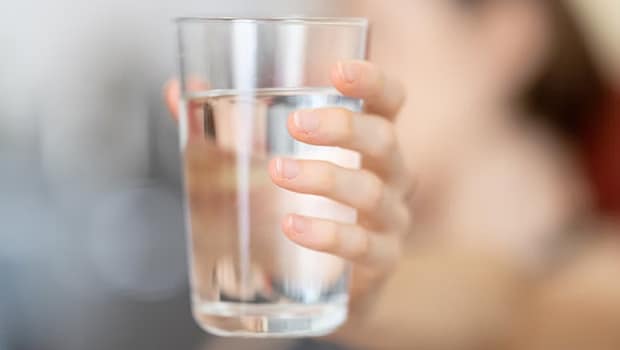
Also Read: Mindful Drinking: Balancing A Healthy Lifestyle With Beer Appreciation
Best Times to Drink Water Throughout the Day
1. Morning
Drinking water after waking up activates internal organs and prepares your body for the day.
2. Post-Workout
Hydration after exercise helps regulate heart rate and aids recovery.
3. Before Meals
Drinking water around half an hour before meals can improve digestion and prevent overeating.
4. After Meals
Wait for around half an hour post-meal before drinking water to support digestion and hydration.
5. When Feeling Unwell
Adequate hydration supports recovery during illness.
6. When Feeling Tired
Water intake can re-energise your system and provide a natural boost.
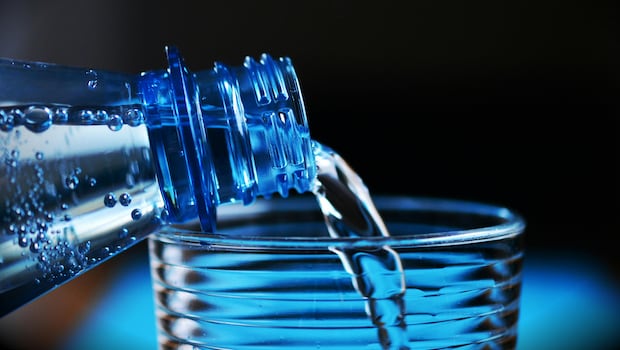
Photo: Pexels
Common Water Myths Debunked
- Lemon Water Detoxes Your Body - False. While it can make water tastier, detoxification occurs naturally through the liver and kidneys.
- You Must Drink Eight Glasses Daily - Not always. Water requirements vary by activity level, climate, and individual health.
- Electrolyte Water Is Better Than Plain Water Daily - Only necessary if minerals are lost through sweat or illness.
Simple Tips to Drink More Water Daily
- Keep a reusable water bottle within reach at all times.
- Use phone reminders to maintain regular intake.
- Add natural flavours like fruits or herbs if plain water feels bland.
- Drink a glass of water whenever you feel tired or sluggish.
Special Considerations for Health Conditions
- Kidney Disease - Limit electrolyte and salt water.
- High Blood Pressure - Avoid added salt.
- Pregnancy - Focus on plain water to stay hydrated safely.

Photo: Unsplash
Key Takeaways for Smart Hydration
- Plain water is the best choice for daily hydration.
- Use electrolyte water only if losing minerals due to sweat or illness.
- Detox waters help increase intake but do not detox the body.
- Avoid unnecessary salt in water.
- Stay mindful of your unique hydration needs based on activity and health.
Disclaimer: This content including advice provides generic information only. It is in no way a substitute for qualified medical opinion. Always consult a specialist or your doctor for more information. NDTV does not claim responsibility for this information.
About Nikita NikhilMeet Nikita, a passionate soul with an insatiable love for two things in life: Bollywood and food! When she's not indulging in binge-watching sessions, Nikita can be found behind the lens capturing moments or expressing her creativity through painting.






